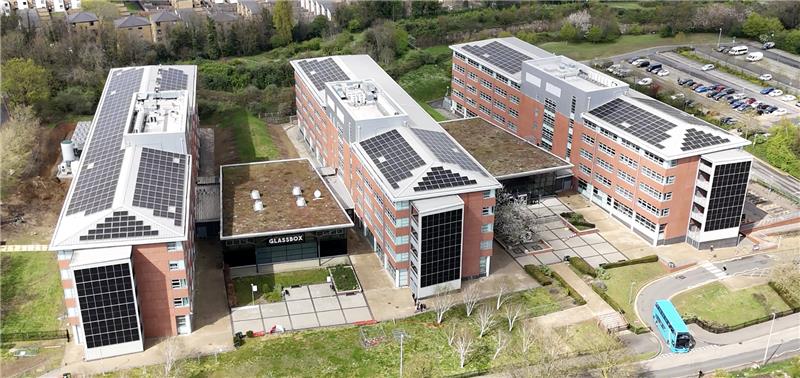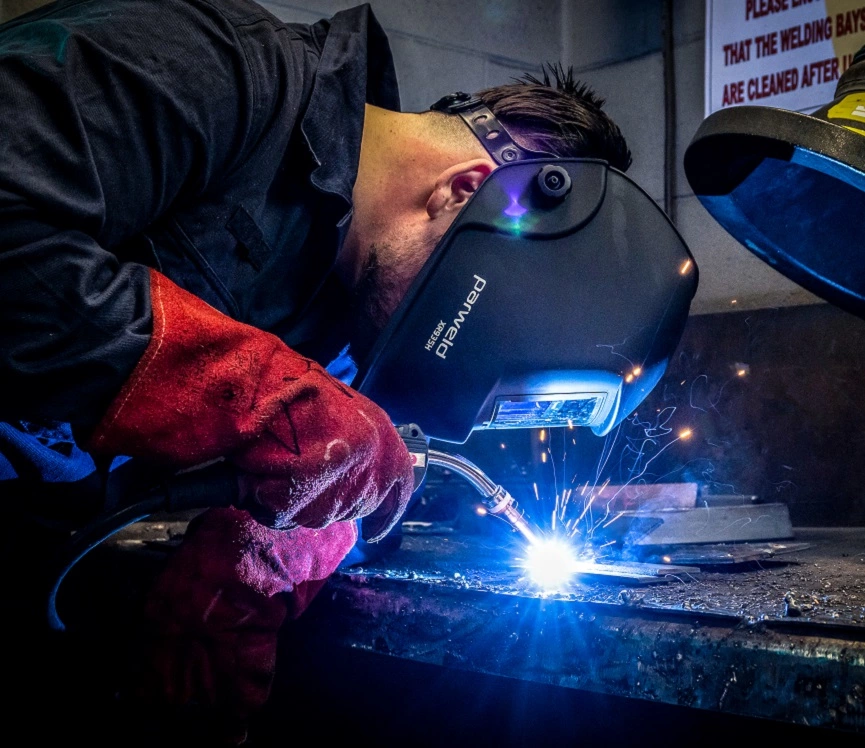Further education (FE) colleges hold a unique position within the communities they serve. Not only do they provide essential education and training opportunities, but they are also major employers, landowners, and public institutions that shape local identity.
As sustainability becomes a critical concern across every sector, FE colleges are ideally placed to lead by example and drive meaningful environmental change.
Colleges are more than just places of learning. They influence attitudes, behaviour, and priorities across generations of students, families, employers, and community partners. When a college commits to sustainability, it doesn’t just improve its own operations - it sets a benchmark that others can follow. From energy use and waste management to curriculum design and community engagement, the potential impact is significant.
At MidKent College, sustainability is embedded into daily practice through the ZERO project - a strategic commitment to reducing environmental impact across every area of the College’s work. The project began with ambitious goals to decarbonise buildings and infrastructure, and has grown into a far-reaching programme that influences procurement, travel, teaching, and even biodiversity.

The College has invested heavily in clean energy, including solar panels covering more than 2,000 square metres of rooftop space and the installation of a ground source heat pump system served by 16km of underground piping. These technologies drastically reduce the College’s reliance on fossil fuels, cutting carbon emissions and providing a practical demonstration of sustainable design in action.
But what makes sustainability efforts in FE particularly powerful is the focus on people as well as infrastructure. MidKent College uses the ZERO project to involve students and staff in driving change. Whether through curriculum projects, green committees, or volunteering opportunities, everyone is encouraged to take part. This not only improves environmental awareness but helps develop essential skills in leadership, problem-solving, and citizenship.
FE colleges also act as bridges between education and industry, and this is another area where they can lead. By modelling low-carbon practice in their own operations, colleges can support local employers to explore their own sustainability journeys. They can also shape future workforce skills by embedding sustainability into every course - not just those focused on the environment. After all, every sector will need to adapt in the face of climate change, and every student should leave college with the knowledge and confidence to make a difference.
There’s no quick fix to the climate crisis, but progress will come through collective, local action. FE colleges are ideally placed to support this, working not in isolation, but as active members of the communities they serve. At MidKent College, the ZERO project reflects this belief - that sustainability is everyone’s responsibility, and that leadership begins at home.
As more colleges rise to the challenge, the sector has the potential to become a driving force for environmental change across the UK. And that’s something worth striving for.

